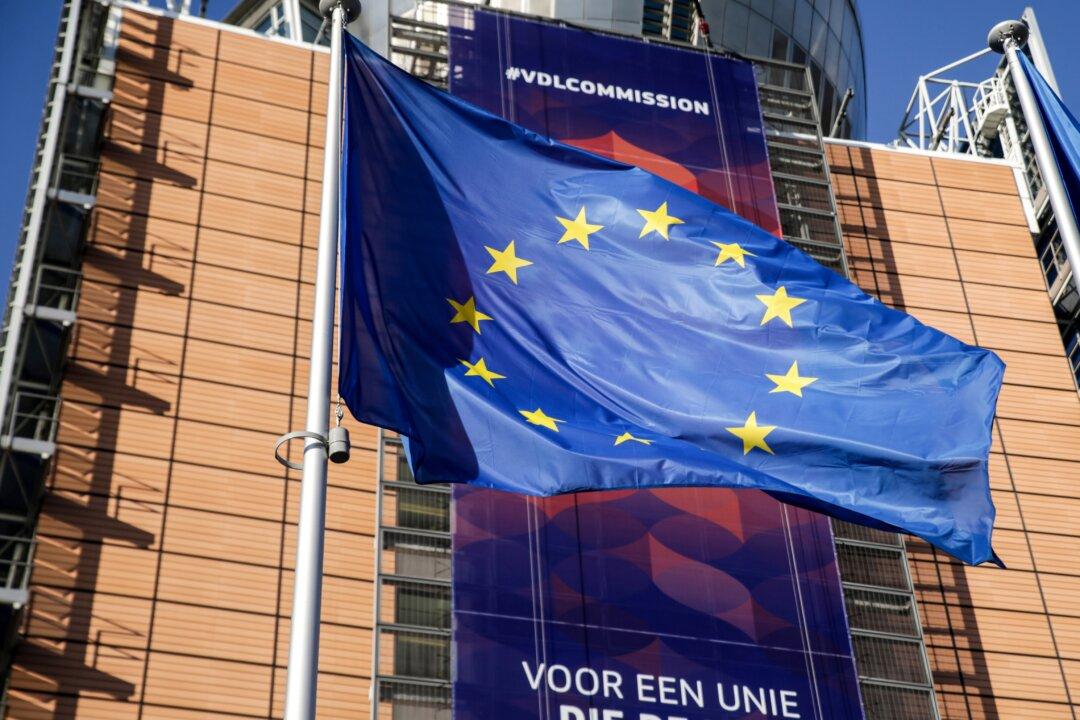European Union foreign ministers have decided to initiate a European version of the Magnitsky Act, a U.S. law that punishes foreign officials suspected of human rights abuses by freezing their assets in the United States and banning them from U.S. soil.
So far, the EU doesn’t have a timeframe for the bill, EU diplomats told reporters. However, draft legislation would be sent to ministers for final approval as soon as next year.
“We have agreed to launch the preparatory work for a global sanctions regime to address serious human rights violations, which will be the European Union equivalent of the so-called Magnitsky Act of the United States,” Josep Borrell told reporters after EU foreign ministers’ meeting in Brussels on Dec. 9.
Borrell is the EU’s High Representative of the Union for Foreign Affairs and Security Policy, equivalent to foreign minister.
The United States passed and signed the Magnitsky Act into law in 2012 to penalise Russian human rights abusers. It is named for Sergei Magnitsky, a Russian tax advisor who was allegedly tortured to death while held by Russian authorities.
In 2017, the U.S. Congress passed a global version of the Magnitsky Act, which enabled U.S. to sanction individuals accused of human rights violations, regardless of their nationality.
Similar legislation has since been passed in the United Kingdom, Canada, and the three Baltic states of Lithuania, Latvia, and Estonia.
The EU version of the Magnitsky Act “will be a tangible step reaffirming the EU’s global lead on human rights,” Borrell said. The bill, he said would give the EU “much more strength and much more capacity to act.”
In October, eight of the 12 Nordic Council members, including Denmark, Finland, Iceland, Sweden, Norway, the Faroe Islands, Greenland, and Åland, decided to pass their own law “in the event that Magnitsky legislation is not implemented in the EU.”
Magnitsky was a Russian tax advisor who worked with Hermitage Capital Management, a leading foreign investor that was accused of tax evasion and tax fraud by the Russian Interior Ministry (MOI).
As an auditor, Magnitsky found out that Hermitage was innocent and had been framed by police and criminals working together to frame the company for fraud.





